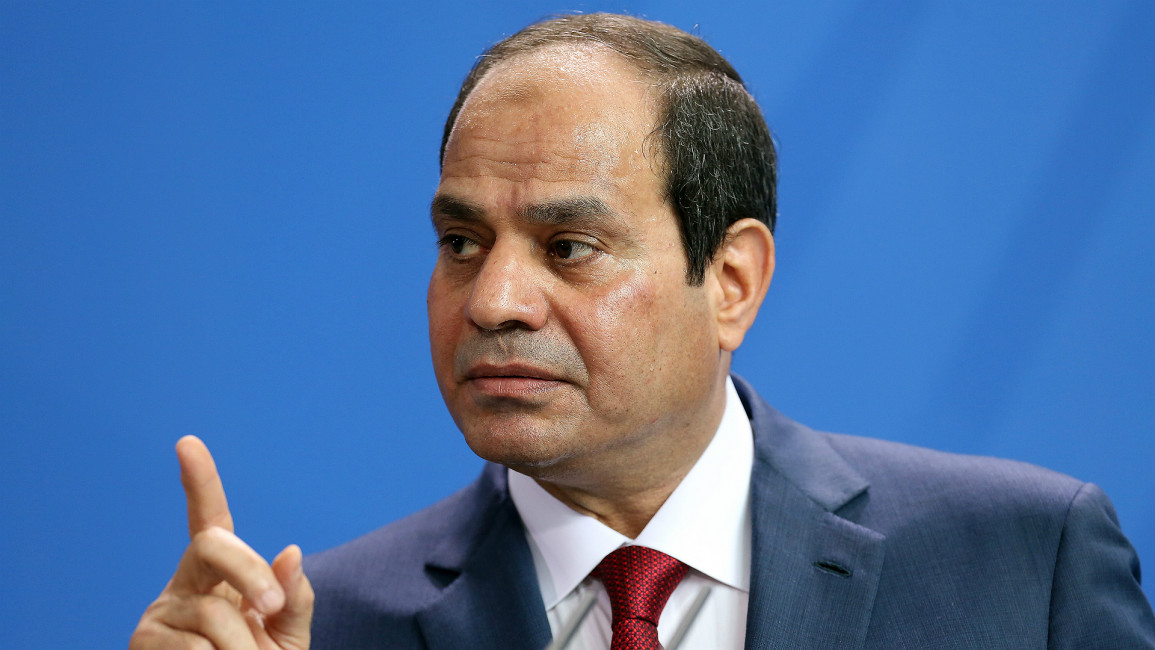Protests at UK invitation to Egypt's coup leader
The British government defended its decision to invite Egyptian President Abdel Fattah al-Sisi to the country, despite condemnation from human rights groups.
Egyptian state media announced the invite on Wednesday, a day after a Cairo court sentenced former president Mohamed Morsi to death.
The UK government confirmed the invitation on Thursday, insisting that “no issues are off the table”.
David Cameron's official spokeswoman said "The Prime Minister has talked before about how it is important we engage with countries where there are issues which are important to the UK’s national interest and how we can work together on them."
"When we engage with these countries, of course we can raise matters of concern, no issues are off the table in discussions, but that doesn't mean that we shouldn't engage with people” she added.
However, the decision has been met with a lot of criticism, mainly from human rights group, who are threatening to hold protests.
Sisi came to power in 2014 following the ouster of Egypt's first freely elected leader Mohamed Morsi the year before.
But the former army chief has continuously come under fire for his human rights record.
His regime has cracked down heavily on Muslim Brotherhood and Morsi supporters, leaving at least 1,400 people dead and more than 40,000 in custody, according to Human Rights Watch.
Hundreds have been sentenced to death in speedy mass trials, described by the United Nations as "unprecedented in recent history".
UK-based organisation, Amnesty International, described the invitation as “astonishing" lamenting the "sharp rise in death sentences and executions" since Sisi came to power.
“Thousands have been detained and many languish in jail, including journalists, in an apparent attempt to quash all dissenting voices" Hassiba Hadj Sahraoui, Amnesty's deputy Middle East and North Africa director, said.
"Many in the UK, including Amnesty, will be taking action around this visit."
"We want to see Prime Minister David Cameron personally raising human rights issues in any face-to-face talks with President Sisi, and we also want to see these issues addressed in public” Sahraoui added.
In April, Amnesty slammed the sentencing of Morsi, stating that the verdict against the country's first freely elected president points to a "sham trial".
Referring to Cairo Criminal Court's final verdict on Tuesday where Morsi was given life imprisonment and a death sentence, a spokesman for the British Foreign Office said that the government was "deeply concerned" but added that the sentences could be appealed.



